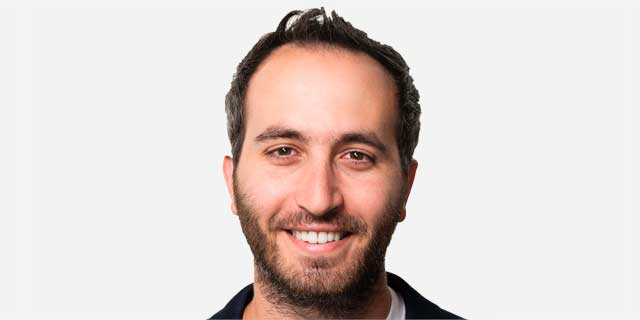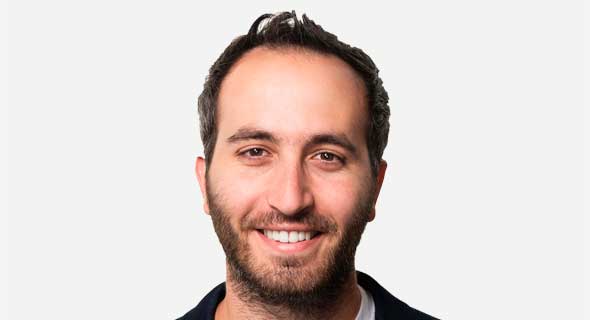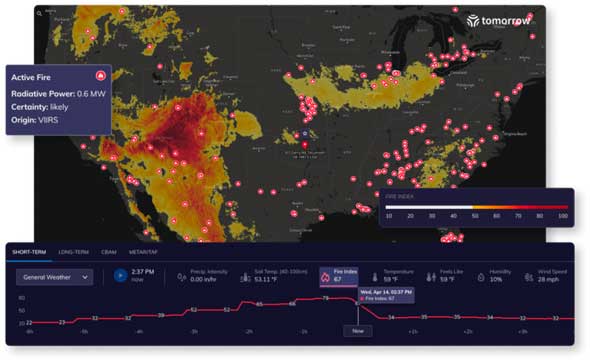
Interview
Tomorrow.io CEO: Climate security is going to become the new cybersecurity
Shimon Elkabetz is planning to round the earth with satellites and calls for more investments in climate solutions
Daniel Farber-Ball | 19:20, 17.10.21
“We are not trying to stop climate change from happening, that is not the mission we took. We are already in the area of consequences, we are already facing the risks and it does not matter if you are a sports organization, a defense contractor, or an on-demand company. And what countries and organizations need is to put systems in place to manage risks,” Shimon Elkabetz, the co-founder and CEO of Tomorrow.io explained in an interview from his company’s Boston office.
“We give hyper-local accurate environmental data but more importantly supported with business insight and recommended actions that help our customers manage the risks proactively and make sure that they are coping with any environmental challenges they may have,” he added. The company, formerly known as ClimaCell, was founded in 2015 by Elkabetz, a former Israeli Air Force officer, along with CSO Rei Goffer and CCO Itai Zlotnik. It offers clients its weather intelligence platform, which Elkabetz explained, provides them with real-time accurate weather information as well as suggestive actions to take, customized to the client’s needs. “Our software provides three levels of value for our customers. First, hyper-local, very accurate environmental information, history, real-time, and a forecast. Second, the product can configure itself to the customer’s vertical and job. It might sound simple but it is not,” he continued, “because unlike an IT solution or cybersecurity solution, when you sell a weather intelligence platform, selling it to the NFL, to Uber, or to Delta, all of which are our customers, we are talking about different buyers, different value propositions, different solutions.” “Third, we do not just provide raw data, like temperature will be X and wind will be Y. We actually provide business insights and action recommendations like stop the train, hold the game, call more drivers, etc. and that is important because while most businesses are impacted by weather, they do not know how to read weather data.” In late September, the company announced it secured a $19.3 million U.S. Air Force contract “to support deployment of its proprietary radar-equipped weather satellites,” which will help the company with its ambitious goal of complete global radar coverage using low orbiting satellites. “In less than a year we will launch the first two satellites and by the end of 2024 we will get to 32 satellites that will fly in low orbit and provide a less than one-hour refresh rate for every point on earth including over the oceans,” Elkabetz said proudly. When asked about private companies taking over aspects that traditionally were reserved for governments he insists that there is no other way than working together. “What is the alternative? The alternative is we do not have enough investment by governments. It is not that we are replacing, we are complimenting the job that is not done,” he said. “We are in an era where there is no way that governments can move faster on tech and innovation than startups and tech companies. Our strategy and mission are not to replace governments, it is to work with them.” “Even in space, you see NASA starting to work with SpaceX, when we started the company we said that is it, it is the tipping point. In a few years, it will completely flip and the private sector will take the lead on innovation and technology. So in that aspect, we see ourselves as the SpaceX of weather,” he said.
